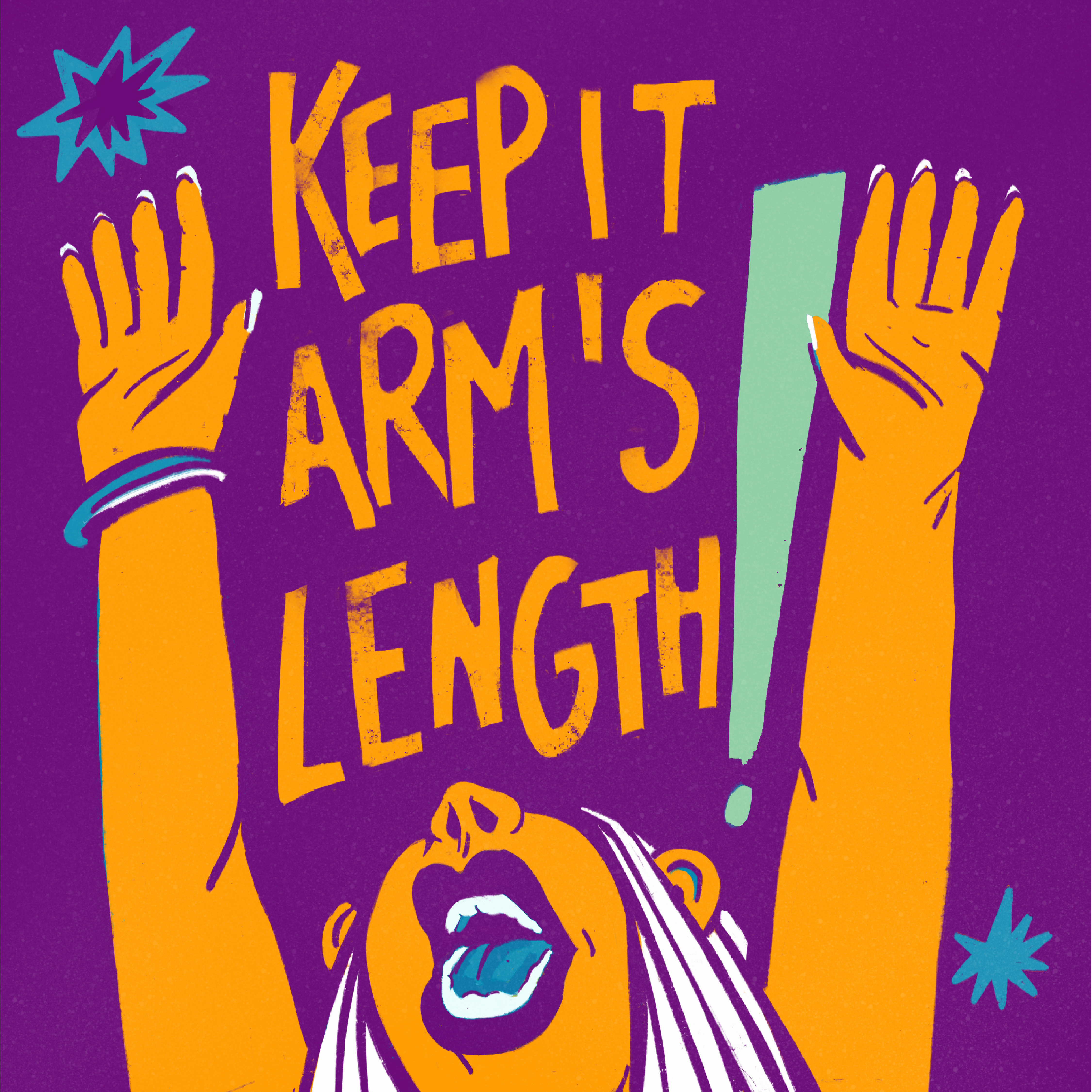Words are more than conveyors of meaning – when used enough, when repeated like a mantra, when held by consensus, they can create cognitive boundaries between subjects and their objects. They can wall off the human from the humane.
From the Book of Trespass: Crossing the Lines that Divide Us by Nick Hayes
In 2020 Bristol ignited a worldwide debate after the statue of Colston was removed. One month later the so called ‘Common Sense Group’ was formed announcing a Culture War in Britain. Deepings MP Sir John Hayes declared that ‘the battle for Britain has begun, and guided by the common sense of the people, we must triumph for the common good’. Cracking down on immigration, breaking up the BBC and taking aim at woke policing are all documented in the May 2021 self-published Conservative Thinking for a Post Liberal-Age. They propose ‘definitive amendments to the 2010 Equality Act,’ tax incentives to encourage marriage, curbs on direct action protests and a requirement for state-funded institutions to ‘promote British values, traditions and history.’
There are growing concerns in the arts sector over the systematic drive to ease out dissenting voices and appoint trustees more aligned with government policy. University Alliance have flagged concerns that the proposed 50% cuts to the creative arts in Higher Education risk making them “the preserve of a small group of elite students” and the broadcasting sector is concerned about secret discussions about the future of the BBC and plans to install a former Daily Mail editor, as head of the UK’s media regulator Ofcom.
The UK has always held a firm ‘at arms length’ stance, including with the creation of The Arts Council itself post WWII, to ensure clear separation between culture and capital P Politics and we believe this now under threat with trustees of leading heritage organisations being forced to step down.
Being woke means “aware of and actively attentive to important facts and issues (especially issues of racial and social justice).” The word ‘woke’ is being weaponised to create a cognitive boundary between those who are aware of issues of racial and social justice.
What are British Values and who gets to decide?And who will protect your rights if you don’t agree?
Labour MP Jo Cox was murdered in 2016 by a far-right terrorist who shouted “This is for Britain” as he killed the mother-of-two for “political and/or ideological reasons.” This is not Britain. British people today champion a culture of democracy, freedom and equality, where everyone is aware of their rights and responsibilities. Jo Cox said in her maiden speech “We are far more united and have far more in common than that which divides us.” This was particularly highlighted during the pandemic – the power of communities became a beacon for humankind. Research published in March 2021 by The National Lottery Community Fund, the largest funder of community activity in the UK, suggests that the pandemic could be a step-change moment for the UK, leading people to make lasting changes to how they live their lives and the connections they build with friends, family, and the wider community.
Common sense is not a future mired in our past; it is spearheading an alternative future. To counter this attempt to divide us and dehumanising people campaigning for racial and society justice as ‘woke’ and ‘doing Britain down’, Bristol’s DIY Arts Network has formed a working group to document the ‘culture war’ the so-called common sense group is waging.
Words hold power. We invite you to use your voice, share what words make you proud to be British in the 21st Century, reclaim the word ‘woke’ and ask the UK government to keep it arms length.
Times of struggle can pave the way for new change. After the plague came the renaissance, after the Spanish flu came fascism. Humankind has the chance for a new social and environmental renaissance. In May 2021 when restrictions were lifted, we were finally able to install ‘Trasparenza’ at Ashton Court, which celebrates emerging from darkness into light, a tribute to Leonardo da Vinci and the Renaissance. Today, one year on from the toppling of the Colston Statue, our final piece of Arts Council England and We are from Dust funded Artspace at Ashton Court is installed – an audio installation developed by local designer and maker Andrew Batchelor with a specially created poem ‘We are from Dust’ by Dr Edson Burton.
In the words of Edson “On one element we Agree: we are Adama: we are from dust.”
If you would like to get involved you can email a photo or video clip of yourself holding a placard with #KeepItArmsLength to bristoldiyartsnetwork@gmail.com. Use a max. of 3 words to let us know what British values or traditions you are proud of “Our…” #KeepItArmsLength
